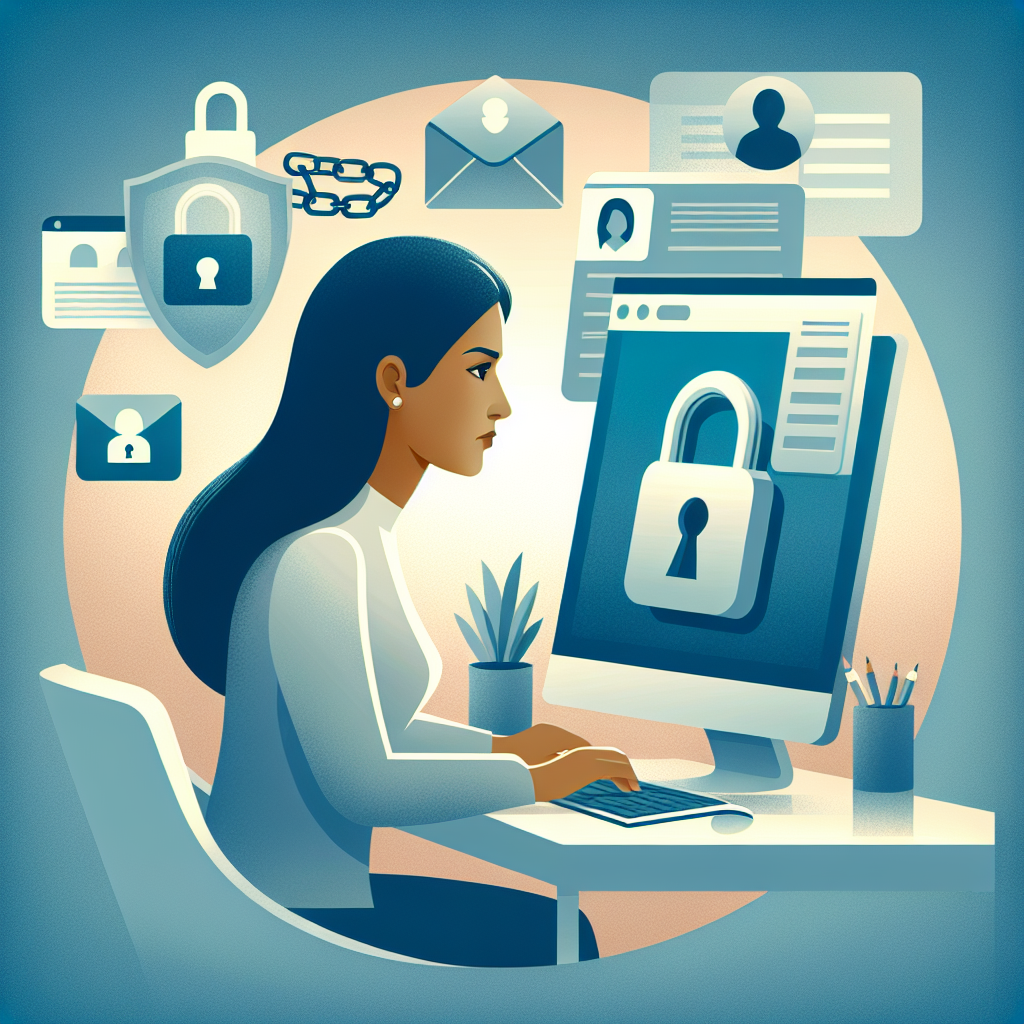The internet has become an integral part of daily life for many people, including women. While it offers a wealth of valuable resources and opportunities for communication, it also comes with potential risks and dangers. Internet safety is crucial for women to protect themselves and their personal information in the online world. Here are some essential guidelines for internet safety that every woman should be aware of.
1. Use strong passwords: One of the simplest and most effective ways to protect your online accounts is to use strong, unique passwords for each one. Avoid using easily guessable passwords such as “123456” or “password.” Instead, create passwords that are at least 8 characters long and include a mix of letters, numbers, and symbols.
2. Be mindful of your social media presence: It’s important to be cautious about the information you share on social media. Avoid posting personal details such as your home address, phone number, or financial information. Be aware that even seemingly innocuous information such as your current location or vacation plans can be used by cybercriminals to target you.
3. Practice safe browsing: When you’re browsing the internet, be cautious about the websites you visit and the links you click on. Stick to reputable websites and be wary of any unsolicited pop-ups or requests for personal information.
4. Keep your software up to date: Make sure that your devices and software are always up to date with the latest security patches and updates. This can help protect against known vulnerabilities that cybercriminals may exploit to gain access to your data.
5. Use two-factor authentication: Two-factor authentication adds an extra layer of security by requiring a secondary form of verification, such as a text message or authentication app, in addition to your password. Enable this feature on any accounts that offer it for added protection.
6. Be wary of phishing scams: Phishing scams are a common tactic used by cybercriminals to trick people into revealing their personal information. Be cautious of any unsolicited emails or messages that ask for sensitive information or contain suspicious links or attachments.
7. Educate yourself about online harassment: Unfortunately, women are often targeted for online harassment and abuse. It’s important to be aware of the signs of harassment and know how to report and block abusive individuals on social media and other online platforms.
By following these essential guidelines for internet safety, women can better protect themselves and their personal information in the online world. It’s important to stay vigilant and informed about the potential risks and dangers of the internet, and to take proactive steps to safeguard your digital privacy and security. With the right precautions, women can navigate the online world with confidence and peace of mind.

